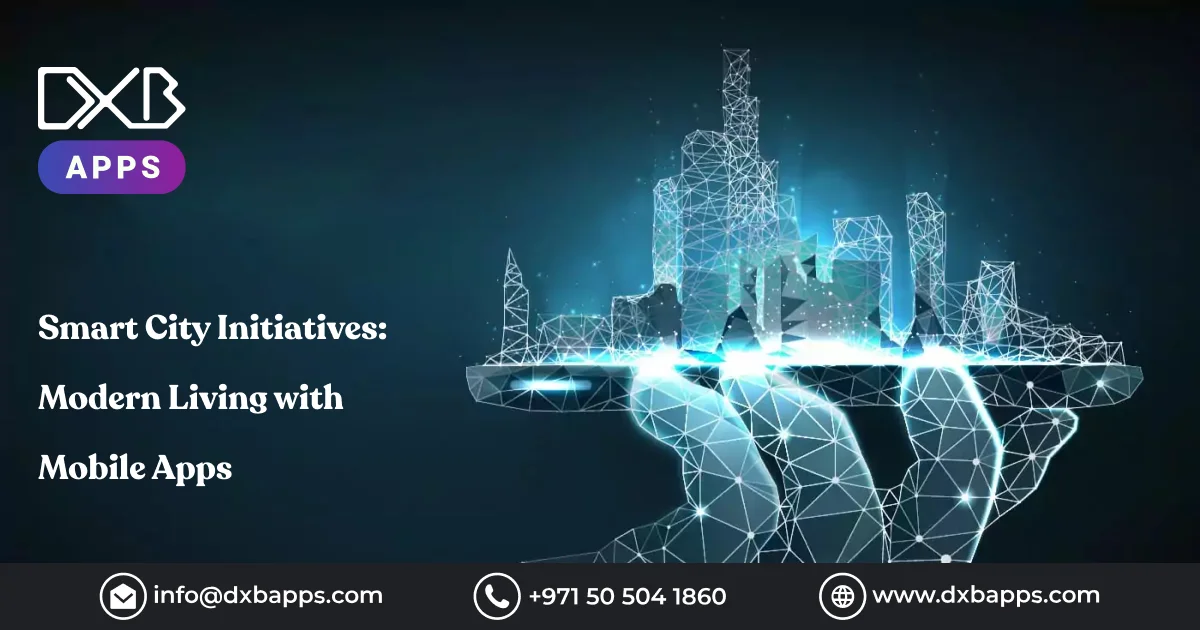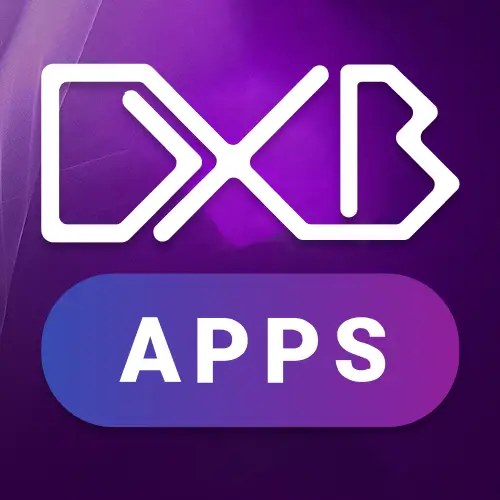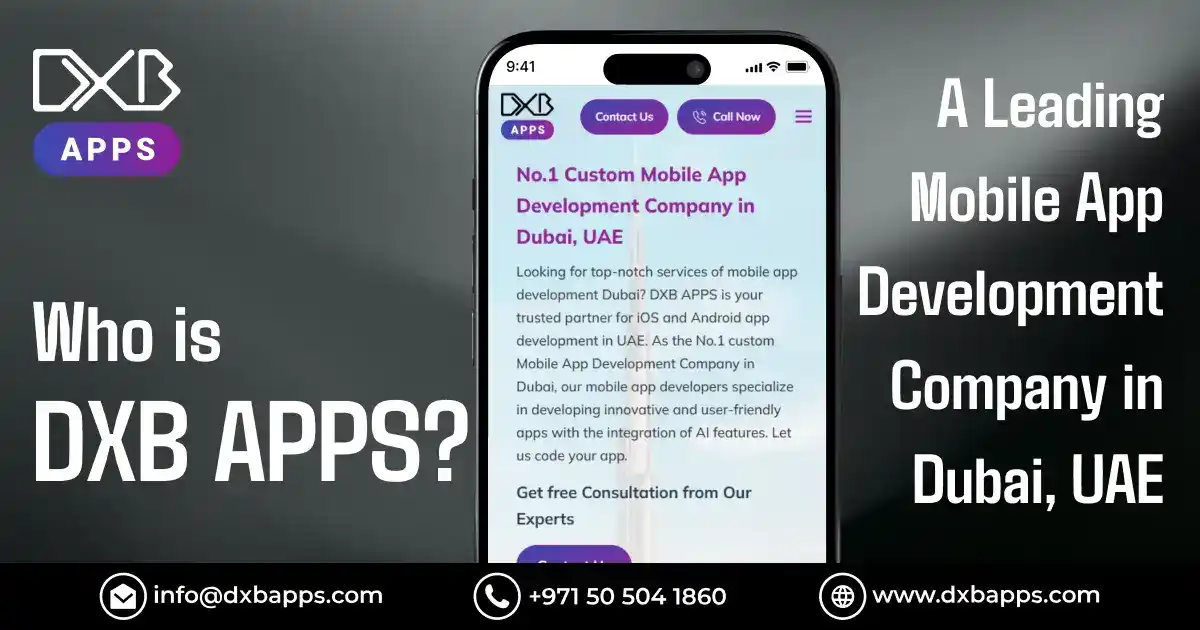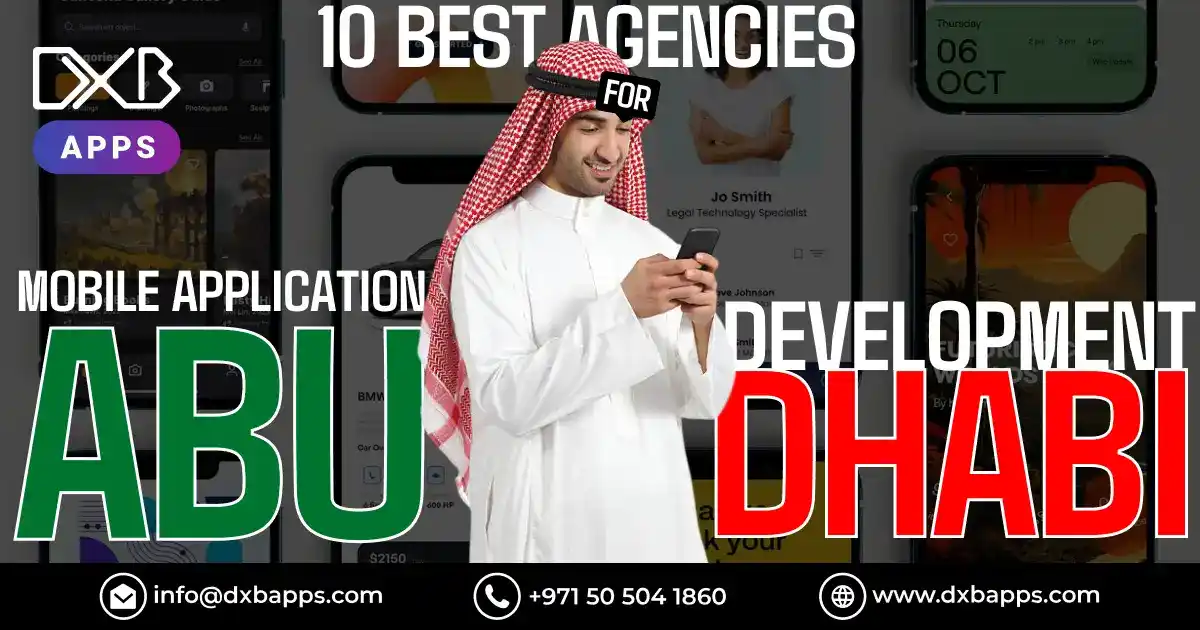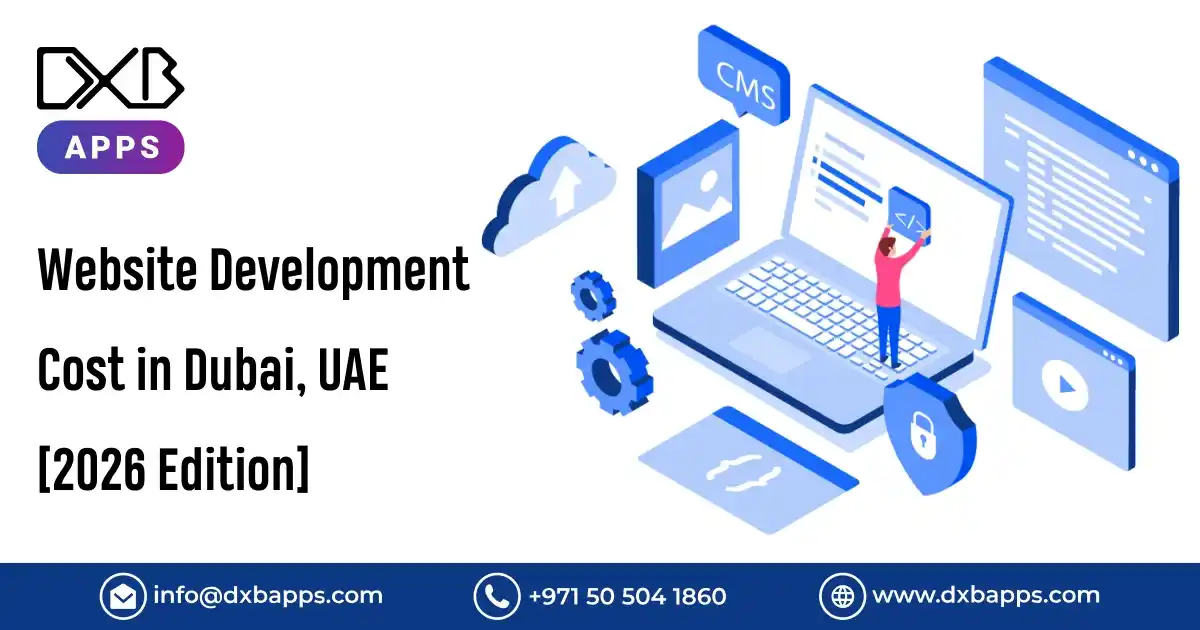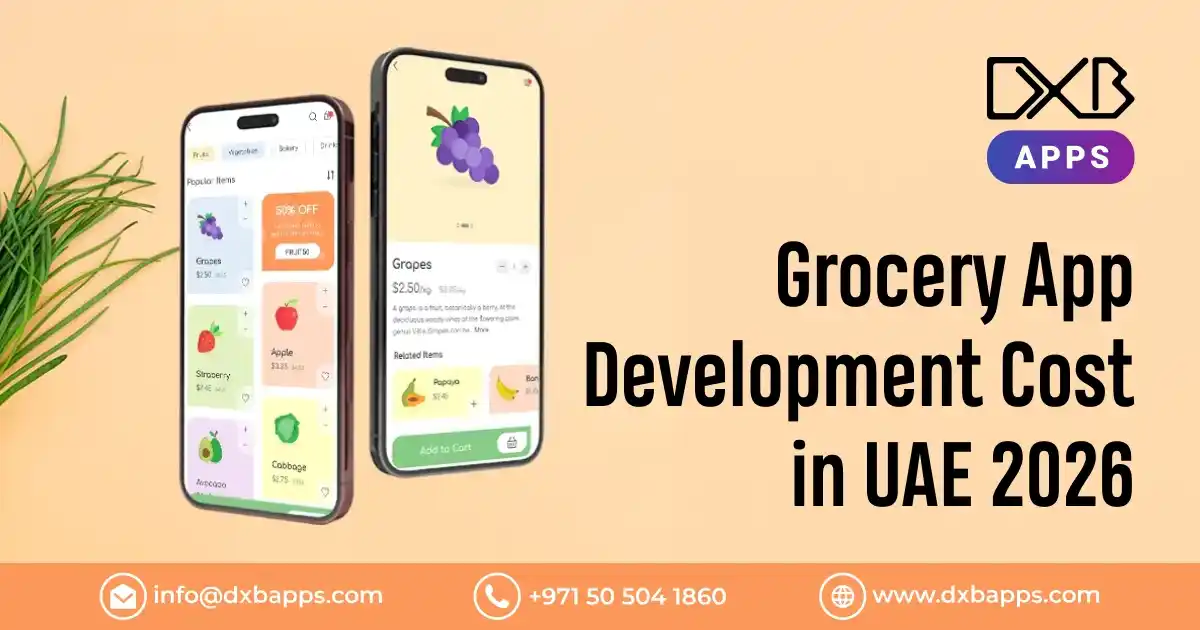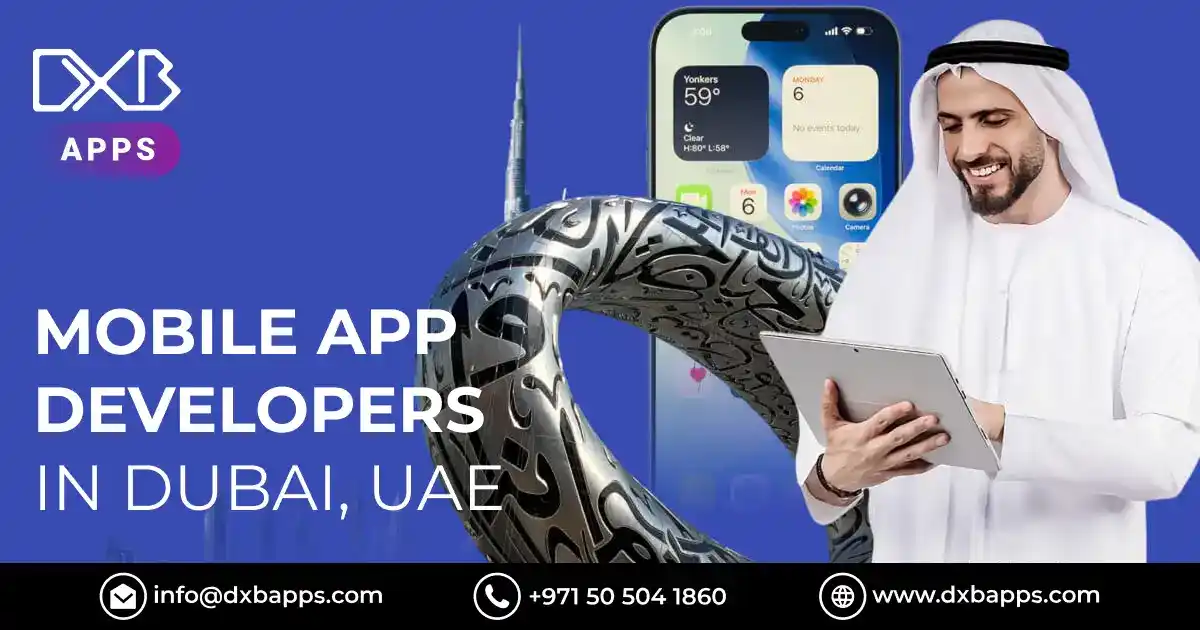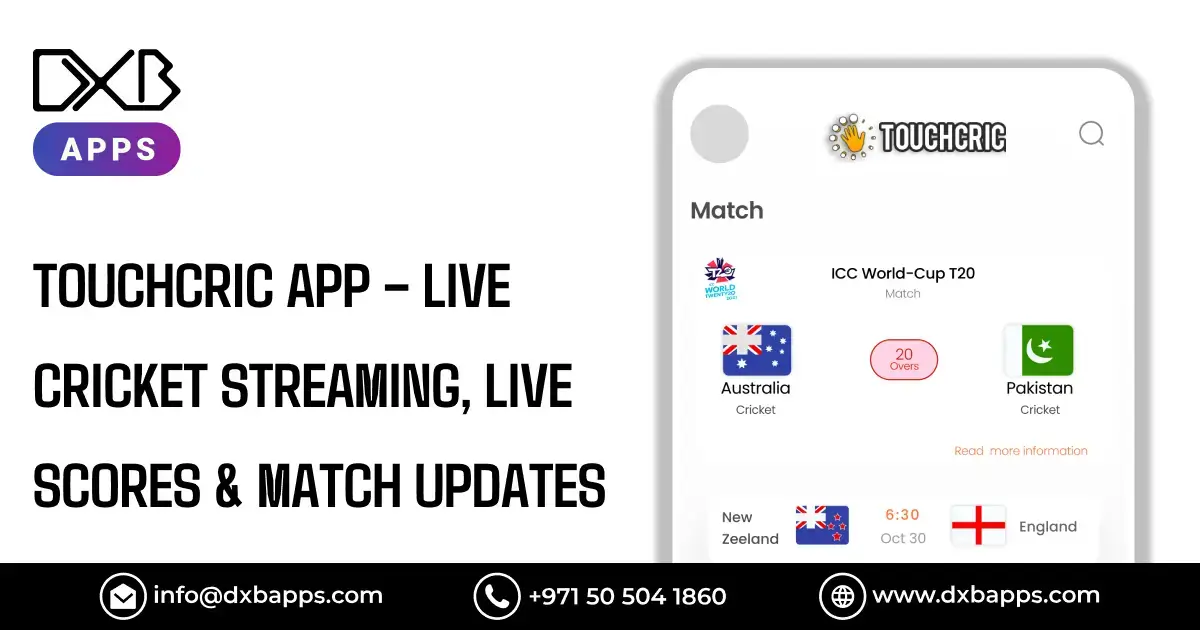Of all types of revolutionary approaches in urban development, smart cities are the most influential. Meant to implement enhanced technologies to solve different issues as well as to improve the quality of life. In Saudi Arabia, the NEOM project essentially dominates the smart cities concept in how they are transforming city living.
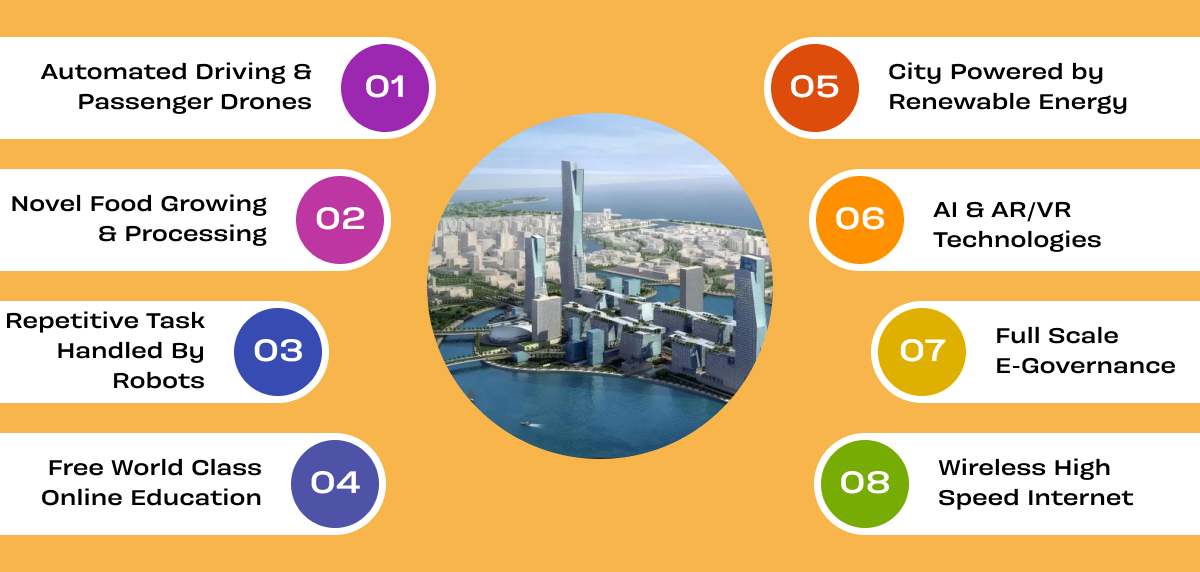
To make the most of these smart city technologies, app development Saudi Arabia is imperative. The entrée of this blog post will emphasize apps for Saudi Arabia smart city initiatives, mainly covering smart transportation, waste management, and public services for residents.
The Smart Cities Vision - A Strategic Move by Saudi Arabia
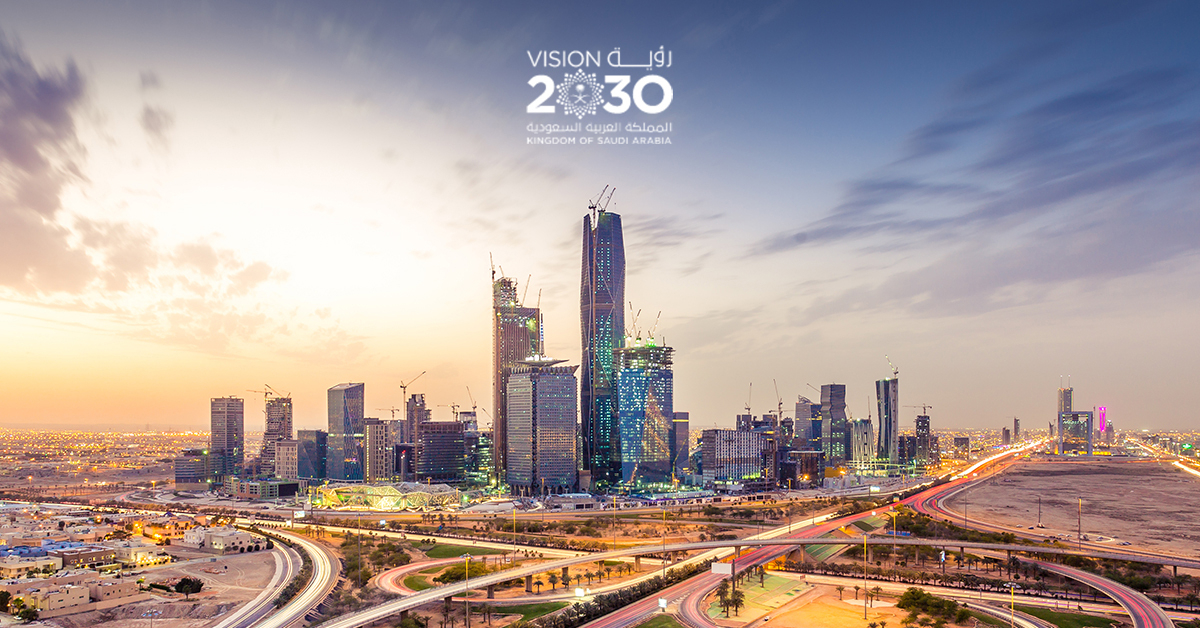
Saudi Vision 2030 is a plan which is agreed upon as the first step towards smart cities. It intends to enhance life quality, environment conservation and natural resources utilization, with the use of mobile app development. The Ministry of Municipal and Rural Affairs and Housing is playing a central role in this vision. They are steering urban area development and transformation of selected cities into smart cities through public-private partnerships.
Mobile Apps and Intelligent Transports
Mobile application development Saudi Arabia serves as a critical and multi-functional tool for smart cities transportation mechanism optimization. These systems make it possible for residents to fetch real-time bus schedules, traffic updates, and find best routes on their smartphones. The smart transportation apps can ease the mobility of smart urban movement and mitigate congestion and promote time management.
The Saudi Vision for Smart Cities
Saudi Vision 2030 will make smart cities a growth plan supported by mobile app development. And its main targets include the enhancement of residents` quality of life and environment conservation. The Ministry of Municipal and Rural Affairs and Housing is leading the changeover of some township areas into smart cities.
Mobile Apps-driven Waste Management Solutions
Smart waste management techniques are the core of environmental sustainability of smart cities. Applications design Saudi Arabia serves as the channel for residents to participate in activities like waste segregation and recycling campaigns. And app development also enables the reporting of environmental issues. These applications also concentrate on building environment-protecting communities and create smart cities like NEOM by the concept of sustainable living.
The development of Smart City is based on mobile apps, which are the centrepiece of public service improvement.
Mobile apps constitute a vital communication tool that is efficient in tailoring public services to the heterogeneous requirements of people living there. From utility bill payment to the access to the healthcare services, app through the Internet make our lives easier. In NEOM’s case, the mobile apps can be meet to give the citizens with the unseen services which balances the convenience, openness, and sustainability.
NEOM: A Glowing Symbol of Smart City Innovation
NEOM represents a strong argument for Saudi Arabia's confidence in the creation of smart cities which is the future of urban development. Using the theme of green environment and new technologies, NEOM would become a city with 100% renewable energy, where efficient and smart transportation systems and waste management solutions are all part of the concept.
Mobile Apps in NEOM: Rewriting Urban Dwellings
In the context of NEOM current apps are in a position to reshape the meaning of urban life by providing a constant access to the most useful services and building the social life that is sustainable. These apps will act as a link to successfully designing a smart city characterised by a significant level of efficiency, information assimilation and environmental sustainability.
Smart Transportation Apps Examples
Smart transportation apps have become one of the most important factors and are shaping the transportation systems of the future with great potential and many advantages for individuals. Here are some examples of smart transportation apps:Here are some examples of smart transportation apps:
1. Public Transit Apps
Apps providing the opening times of buses and trains, information on the latest changes on the way, and estimates of the coming time to the delegated stations in different stations.
Now, passengers have handled their travel time way easier with app development Saudi Arabia. These apps not only provide robust scheduling features but also guarantee a convenient and secure commuting experience.
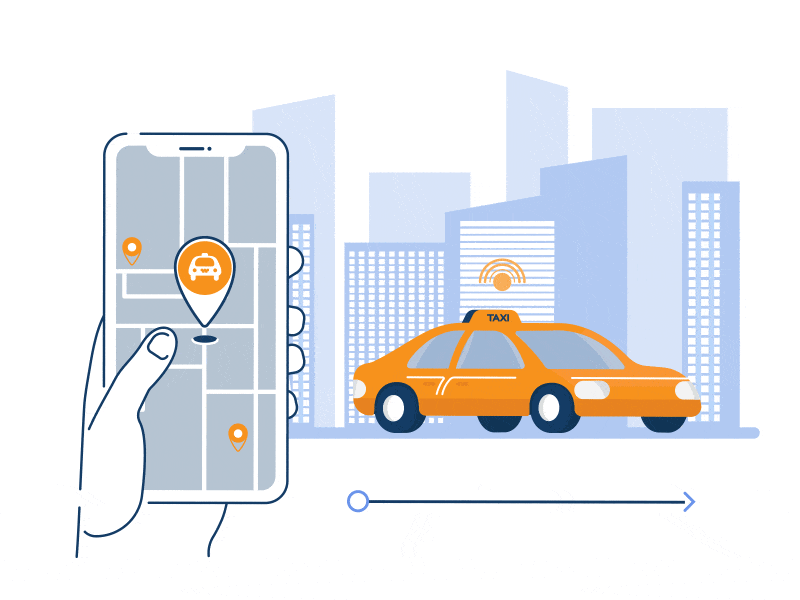
2. Ride-Sharing Apps
Applications such as Haala that allow users to book shared rides on public transport are noteworthy. These alternatives help mitigate traffic jams and offer greener transport choices for urban inhabitants.
These apps are made available to the commuters and come with special features like simple booking and route optimization. They also bring multi-payment options, such that customers are able to enjoy the booking experience.
-
Users can download a mobile application on Android and iOS, where the autonomous traffic management system will be integrated.
-
GPS-guided autonomous vehicle apps are also in charge of passenger safety, accessibility, and content rate.
These apps efficiently work to manage fleets, remote monitoring, and they are conveniently integrated with smart transportation systems. These go beyond autonomous vehicles and other forms of traffic management.
3. Smart Parking Apps
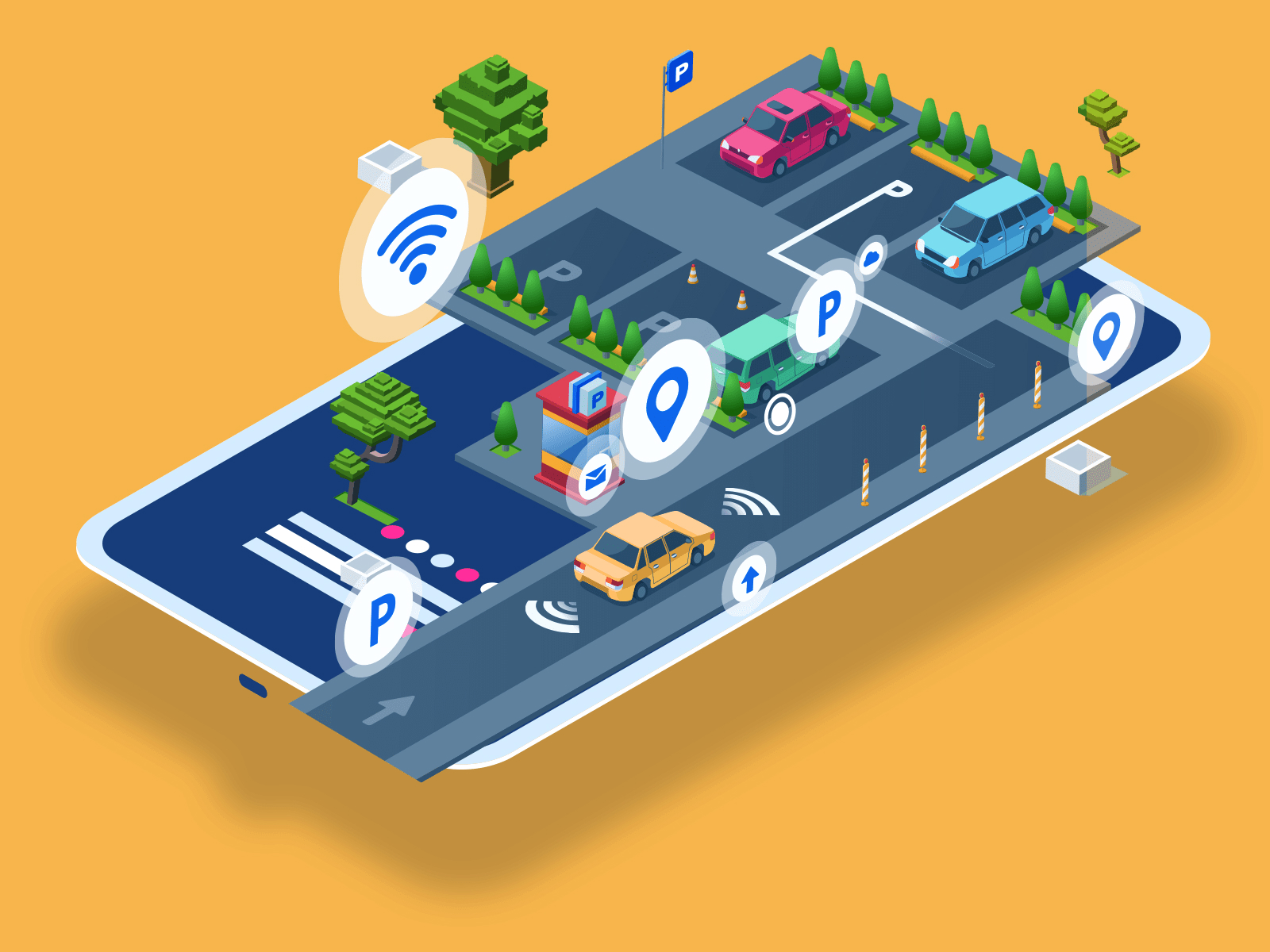
Mobile apps in Saudi Arabia are capable of collecting real-time sensor data on which car parking spaces are available. They enable seamless navigation of users to reserved parking spots.
These apps contribute significantly towards reducing the overall motor vehicle traffic, and at the same time they make the whole parking issue better in urban settings
4. Traffic and Navigation Apps
The Lidar sensors in the vehicles will transmit information in real-time to traffic management systems, helping reduce congestion and increase safety.
Apps provide with dynamic navigation capable of supplying real-time traffic updates, traffic jams alerts and other tools that help the traveler to get the most of his/her trip very fast by choosing the most convenient way available.
This functionality is performed by apps that use real-time and historical data to give commuters traffic routes which they can trust thus improving their journeys. Example:
5. Apps for Bike and Pedestrian Mobility
Apps about bicycle safety and pedestrian navigation via AI-solutions that light up cycle paths and sidewalks and the route to other transit options.
Unlike the old times, these apps compact more eco-conscious methods of transportation which counter graft and pollution while at the same time paving way for cyclist and pedestrians to thrive in safety.
These smart transportation apps exemplify the transformative impact of technology on urban mobility, offering innovative solutions to address various transportation challenges and improve the overall quality of transportation services for individuals.
Shine in Darkness with DXB APPS
Looking to create the brain to power your Smart City initiative? DXB APPS doesn't just build mobile apps, we craft intelligent solutions. We specialize in mobile app development of all shapes and sizes, seamlessly connecting devices and data. We recreate interconnected ecosystems that empower Smart City mega projects like NEOM. Our experts accurately translate your vision into cutting-edge applications that ensure optimal resource usage, and boost resident experiences.
Conclusion
As Saudi Arabia enters the age of smart cities, the role of app developers Saudi Arabia becomes incremental. These apps not just serve as tools for user convenience but components of a larger and transformative ecosystem of apps. In projects like NEOM, mobile apps development Saudi Arabia will be instrumental in reshaping sustainable, resilient, and connected urban communities.

